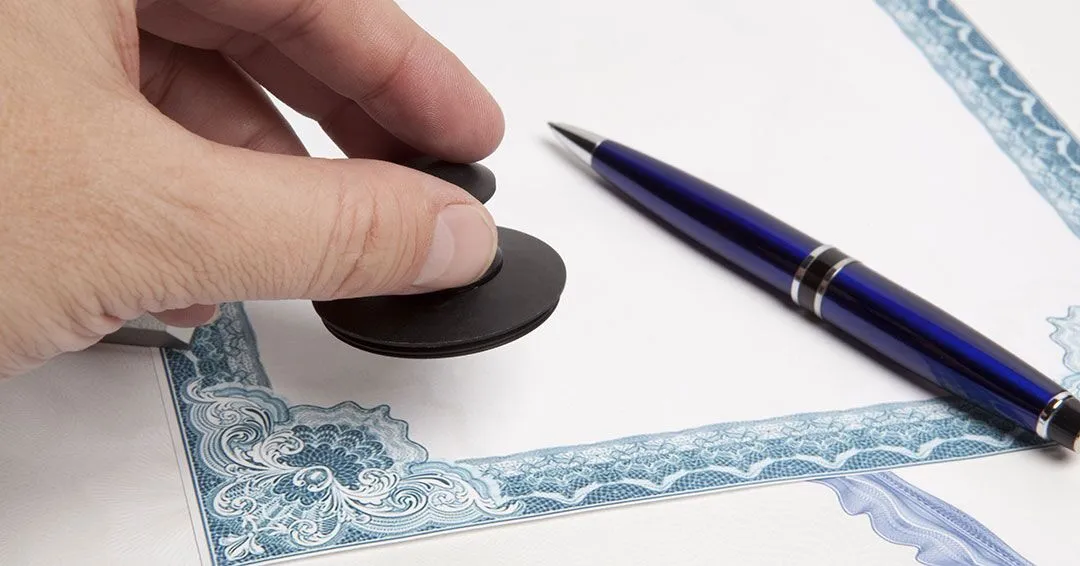Translation and Legalization Services

Thailand’s Translation and Legalization Services play a vital role for individuals and businesses needing certified documentation for legal, business, or personal use, particularly for foreign nationals and expatriates. These services ensure that documents such as birth certificates, marriage licenses, contracts, and academic records are accurately translated and legally recognized for use in Thailand and abroad. The process involves obtaining certified translations, followed by legalization through Thai governmental offices.
1. Certified Translation Services in Thailand
Certified translations are essential for official documents, and only authorized agencies or licensed translators can provide certified translations recognized by Thai authorities.
- Common Documents for Translation: Birth certificates, marriage licenses, educational transcripts, contracts, and affidavits are frequently translated. Certified translations are often required for immigration, marriage registrations, and business transactions.
- Accuracy and Formatting Requirements: Translated documents must be accurate and formatted identically to the original. They must include a certification statement from the translator or agency, verifying accuracy and completeness.
- Qualified Translators: Translators registered with the Thai Ministry of Justice or authorized translation agencies are typically trusted for high-quality, certified translations. Some embassies also provide lists of recognized translation services.
2. Legalization Process
Legalization authenticates documents, making them valid for use in foreign jurisdictions or by Thai authorities for documents originating abroad. This process involves multiple steps:
a) Department of Consular Affairs
For documents to be recognized in Thailand, legalization often begins at the Department of Consular Affairs under the Thai Ministry of Foreign Affairs (MFA). This includes Thai-to-foreign or foreign-to-Thai document legalization.
- Document Submission: Documents, along with their certified translations, are submitted to the Consular Affairs office.
- Verification and Authentication: The consular office verifies the translation and authenticates the document with an official stamp and signature.
- Processing Time and Fees: The standard processing time is two to five business days for standard service or one day for express service. Fees vary based on document type and processing speed.
b) Embassy or Consulate Authentication
In cases where foreign documents need additional validation, embassy or consulate authentication may be required. This is especially common when foreign documents are needed for legal or immigration purposes in Thailand. For example, U.S. documents require notarization and apostille certification through the U.S. Embassy.
3. Documents Commonly Requiring Legalization in Thailand
Documents requiring translation and legalization in Thailand include:
- Immigration Documents: Birth and marriage certificates, criminal background checks, and affidavits for visa or work permit applications.
- Academic and Professional Records: Diplomas, transcripts, and professional licenses for employment or education.
- Business Documents: Contracts, powers of attorney, corporate records, and patents, particularly for establishing foreign businesses or partnerships in Thailand.
- Personal Documents: Wills, divorce decrees, and custody agreements for use in both Thai and foreign jurisdictions.
Each document type has specific requirements, including the correct notarization and official stamps, to ensure legal validity.
4. The Role of Notarial Services Attorneys
In Thailand, notarial services attorneys perform roles similar to notaries public, certifying translations, verifying signatures, and authenticating documents. Licensed by the Law Society of Thailand, notarial services attorneys play a crucial role in validating documents that require official status, particularly for court or governmental use. Notarial services attorneys can certify copies, witness signatures, and confirm the authenticity of documents before submission for legalization.
5. Challenges and Considerations in Document Legalization
- Consistency in Translations: Translation inaccuracies can delay the legalization process. Certified translators must be used to avoid inconsistencies that can invalidate the document.
- Document Verification Delays: Processing times vary, and any issues with the document can lead to delays. Planning ahead and verifying requirements with the relevant Thai office or foreign embassy can streamline the process.
- Cost and Time Considerations: Fees for translations and legalization services can accumulate, especially for multiple documents, and processing can take several days to weeks depending on urgency and volume.
6. Legalization for International Use
For documents to be used internationally, the apostille process is often needed. Thailand is not a signatory to the Hague Apostille Convention, so documents for use in Thailand or Thai documents intended for foreign use require legalization through the Thai Ministry of Foreign Affairs and often the respective embassy of the receiving country.
Conclusion
Thailand’s translation and legalization services are crucial for ensuring that documents meet legal standards for both domestic and international use. From certified translations to multi-step legalization processes, these services allow foreigners and locals alike to navigate the legal requirements for document recognition efficiently. Understanding each step and working with qualified professionals ensures that translations and legalizations meet the necessary standards for use across borders.
